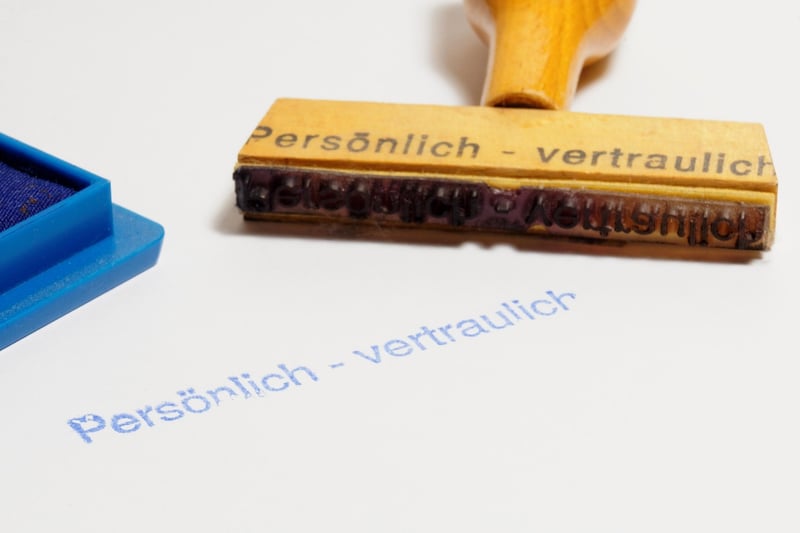Confidential Speech
The Art of Clandestine Communications: Ensuring Confidential Speech
In today's digital age, the need for secure and confidential communication is more critical than ever. Whether you are a journalist protecting a source, a business professional discussing sensitive information, or an individual safeguarding your privacy, understanding the art of clandestine communications is essential.
Why Clandestine Communication Matters
Clandestine communication involves the exchange of information in a secretive or concealed manner to protect the involved parties from interception or surveillance. This form of communication is crucial for maintaining confidentiality, privacy, and security in various scenarios.
Methods of Clandestine Communication
1. Encryption
Encryption is the process of encoding information in such a way that only authorized parties can access it. Utilizing encryption tools and secure communication channels can help safeguard your messages from unauthorized access.
2. Steganography
Steganography involves concealing messages or data within other non-secret content to avoid detection. This method can be used to hide information in images, audio files, or even within seemingly innocent text.
3. One-Time Pads
One-time pads are a form of encryption where a unique key is used only once to encode and decode a message. This method provides an incredibly secure way to communicate as long as the key remains secret and is never reused.
Tools for Secure Communication
Several tools and technologies are available to facilitate secure and confidential communication:
- Signal - A highly secure messaging app that offers end-to-end encryption for text, voice, and video communication.
- ProtonMail - An encrypted email service that ensures privacy and confidentiality for your email communications.
- Tor Browser - A tool for anonymous browsing and communication by routing your internet traffic through a network of volunteer-operated servers.
Ensuring Confidential Speech
Protecting the confidentiality of your communication is not just about the tools you use but also about following best practices:
- Use strong, unique passwords for your accounts and communication tools.
- Avoid sharing sensitive information over unsecured networks or public Wi-Fi.
- Regularly update your encryption keys and software to stay ahead of potential vulnerabilities.
- Exercise caution when sharing personal details or engaging in sensitive conversations online.
By understanding the importance of clandestine communications and utilizing the right tools and practices, you can ensure the confidentiality of your speech and protect your privacy in an increasingly interconnected world.

